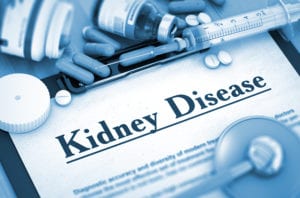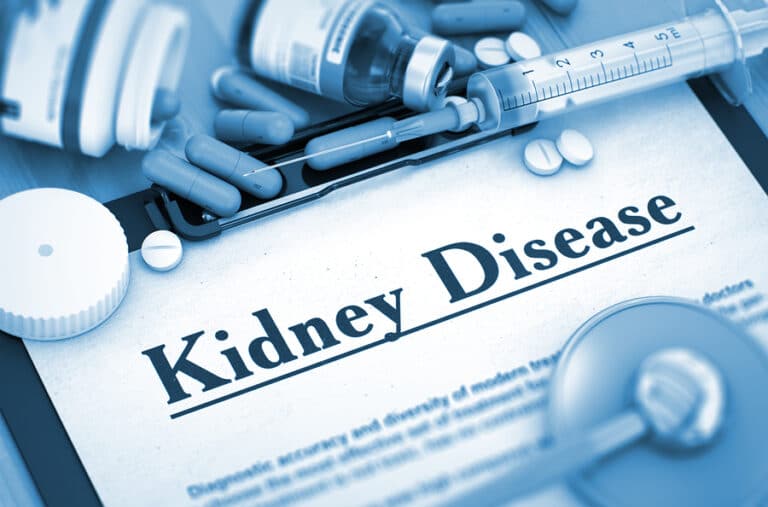
Kidney disease is a serious health condition that is most common in aging adults. When the kidneys cease to function properly, it starts a chain reaction in the body that, unless treated, can lead to serious problems and even death. Family caregivers with an aging relative that has just gotten a diagnosis of kidney disease must quickly get up to speed on the disease and the treatment. Their aging relative is going to need all the support and help they can get to remain healthy, comfortable and safe in their own homes.
Here are some frequently asked questions on kidney disease and dialysis in aging adults that can benefit family caregivers as they try to anticipate what the future holds:
Q: How does kidney disease affect seniors?
A: Kidney disease means the kidneys aren’t working properly and cannot filter out toxins in the bloodstream. With too many toxins building up in the blood, it can cause massive health issues for elderly adults. Without treatment, senior who suffer with kidney disease can become extremely sick and it can even lead to death.
Q: What are some symptoms of kidney disease?
A: Seniors with kidney disease usually experience nausea, loss of appetite, insomnia, decreased focus, muscle cramps and changes in urination. Because many of these symptoms are similar to other age-related diseases, it’s possible for aging adults to go undiagnosed for a while.
Q: How is kidney disease treated?
A: There is no cure for kidney disease, but doctors can prescribe medication to help with some of the symptoms. The treatment known as dialysis is the best way to counter the effects of diseased kidneys. Dialysis requires the aging adult to have their blood routed through a special machine that filters out waste then routes the blood back into their bodies.
Q: How often do seniors need a dialysis treatment?
A: Frequency of dialysis all depends on their health and the condition of the kidneys. A doctor may recommend a few treatments a month, or as many as three times per week. Dialysis can only be done in a hospital, clinic or special treatment center.
Q: How can family caregivers help aging relatives with dialysis?
A: Getting to and from dialysis appointments can be particularly challenging for aging adults who are dealing with major health issues. Many family caregivers hire home care providers to help their aging loved ones with daily tasks in their own home. From cooking and cleaning to laundry and companionship, home care providers can look after aging adults when family caregivers can’t be there.
Q: What can family caregivers and home care providers do to help seniors handle the side effects of dialysis?
A: Many seniors experience side effects from the dialysis treatment, including itchy skin, nausea, low blood pressure, malnutrition and the possibility of infections. Family caregivers and home care providers can assist seniors in dealing with the side effects by helping them take medication properly, preparing healthy meals and snacks, applying moisturizers to the skin and taking them to regular appointments with the doctor.
If you or an aging loved one needs Home Care Tancho Cordova, CA, remember Senior Home Care Services. Call us at (916) 514-7006 for more information.
- Understanding How Medication Affects Seniors’ Oral Health - April 23, 2024
- How Can 24-hour Home Care Help Intergenerational Families? - April 17, 2024
- Embracing Home Care for a Spouse with Parkinson’s Requires Proper Future Planning - April 10, 2024


